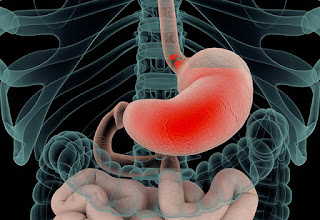An Enteral Nutrition Is A Liquid Form Of Nutrition That Is Delivered To The Digestive System
 |
| Enteral Nutrition |
Enteral Nutrition, also known as tube feeding, is a
method of providing nutrition and hydration to individuals who are unable to
consume food or fluids orally. It involves delivering a nutritionally complete
formula directly into the gastrointestinal tract through a tube. This method is
commonly used in various clinical settings, such as hospitals, long-term care
facilities, and home care, to meet the nutritional needs of patients who cannot
consume adequate nutrients orally.
Enteral
Nutrition is indicated for individuals who have
functional gastrointestinal tracts but are unable to ingest food orally due to
conditions such as dysphagia (difficulty swallowing), neurological disorders,
severe malnutrition, or mechanical obstruction. It is a preferred method of
nutritional support as it utilizes the natural digestive process and helps
maintain gut integrity, which is crucial for overall health.
According To Coherent
Market Insights, The Global Enteral Nutrition Market Is Estimated To Be Valued
At US$ 2,635.9 Million In 2020 And Is Expected To Exhibit A CAGR Of 5.8% Over
The Forecast Period (2020-2027).
The process of Enteral Nutrition involves several key components.
First, a feeding tube is inserted into the patient's gastrointestinal tract.
There are different types of feeding tubes, including nasogastric tubes (NG
tubes), gastrostomy tubes (G tubes), and jejunostomy tubes (J tubes), which are
chosen based on the patient's specific needs and the anticipated duration of
tube feeding.
By providing the right energy to maintain a healthy body
weight and improving metabolic results, medical nutrition promotes the growth
of overall health. Medical
Nutrition overarching objective is to support and facilitate
behavioural and lifestyle changes that will improve metabolic regulation.
Once the tube is in place, a nutritionally complete formula
is administered through the tube using a feeding pump or gravity. These
formulas are specially designed to provide all the essential nutrients,
including carbohydrates, proteins, fats, vitamins, minerals, and water. The
selection of the formula depends on various factors, such as the patient's age,
medical condition, nutrient requirements, and the tolerance of specific
ingredients.
For More Details, you
can Watch the Video @ https://www.youtube.com/watch?v=WhJvTHRIJY0



Comments
Post a Comment